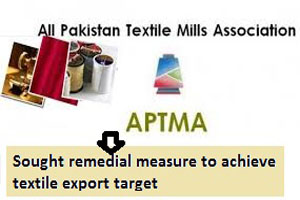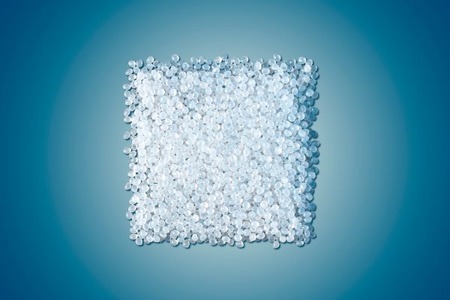
APTMA sought remedial measure to achieve textile export target
YarnsandFibers News Bureau 2016-01-16 16:00:00 – KarachiA research study prepared by the All Pakistan Textile Mills Association (Aptma) reports that the Pakistan textile industry is impaired due to heavy taxes and surcharges, rendering it uncompetitive compared to regional economies. As per the report, other irritants include energy tariff, under utilization of power generation capacity and energy shortage.
The export sector is subject to five percent duties, taxes and surcharges, while competitors in India enjoy tax-free regime on exports of textile products. While in Bangladesh and China, levies on exports are around one percent.
The report, citing the World Trade Organization, said this tax structure resulted in only 18 percent growth in Pakistan’s textile and clothing exports during 2006-2014, while Bangladesh posted 175 percent growth, China 107 percent and India 96 percent during the same period.
The All Pakistan Textile Mills Association (Aptma) said that one percent turnover tax has also pushed up the cost of production and there is no concept of such a tax in other three regional countries.
Besides, it said the aggregate corporate tax, including workers participation profit fund of five percent and workers welfare fund of two percent, turns out to be 40 percent. In Bangladesh, it is 27.5 percent and in India and China the same is 25 percent.
While six percent interest rate in Pakistan is lower than India, it is still higher when compared with Bangladesh (five percent) and China (5.4 percent).
Pakistan’s textile exports peaked to $13.8 billion in 2010/11, but after falling to $12.4 billion in 2011/12 they regained momentum to touch $13.1 billion and $13.7 billion in 2012/13 and 2013/14, respectively. However, textile exports slipped to $13.5 billion in 2014/15.
The government, in its Economic Survey 2014-15, admitted that global textiles and clothing trade substantially increased since the post-quota regime, but Pakistan’s share in the international textile trade remained stagnant due to preferential trade agreements signed among various countries.
Textile ministry, in the industry’s policy 2014-19, expressed its objectives to double value-addition to two billion dollars / million bales and annual exports to $26 billion during the five years.
The All Pakistan Textile Mills Association targeted up to $20 billion worth of textile exports by 2018 through creating eight million new jobs in the value chain. To achieve this milestone, the All Pakistan Textile Mills Association (Aptma) sought immediate remedial measures, including withdrawal of various surcharges on electricity and gas. It also sought the reduction of corporate tax rate to 25 percent and turnover tax to 0.5 percent.
Market Intelligence
Ask for free sample Report

experience
Customer Base
dedicated team
Countries Served Worldwide









